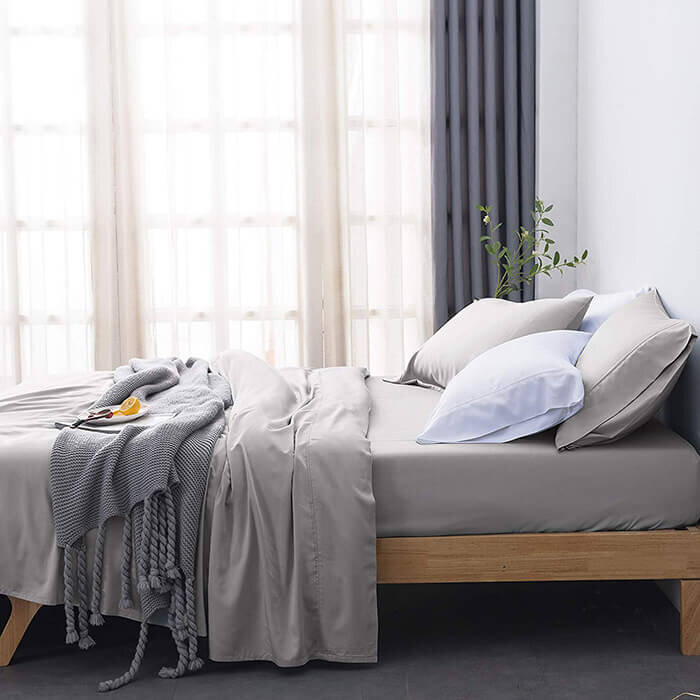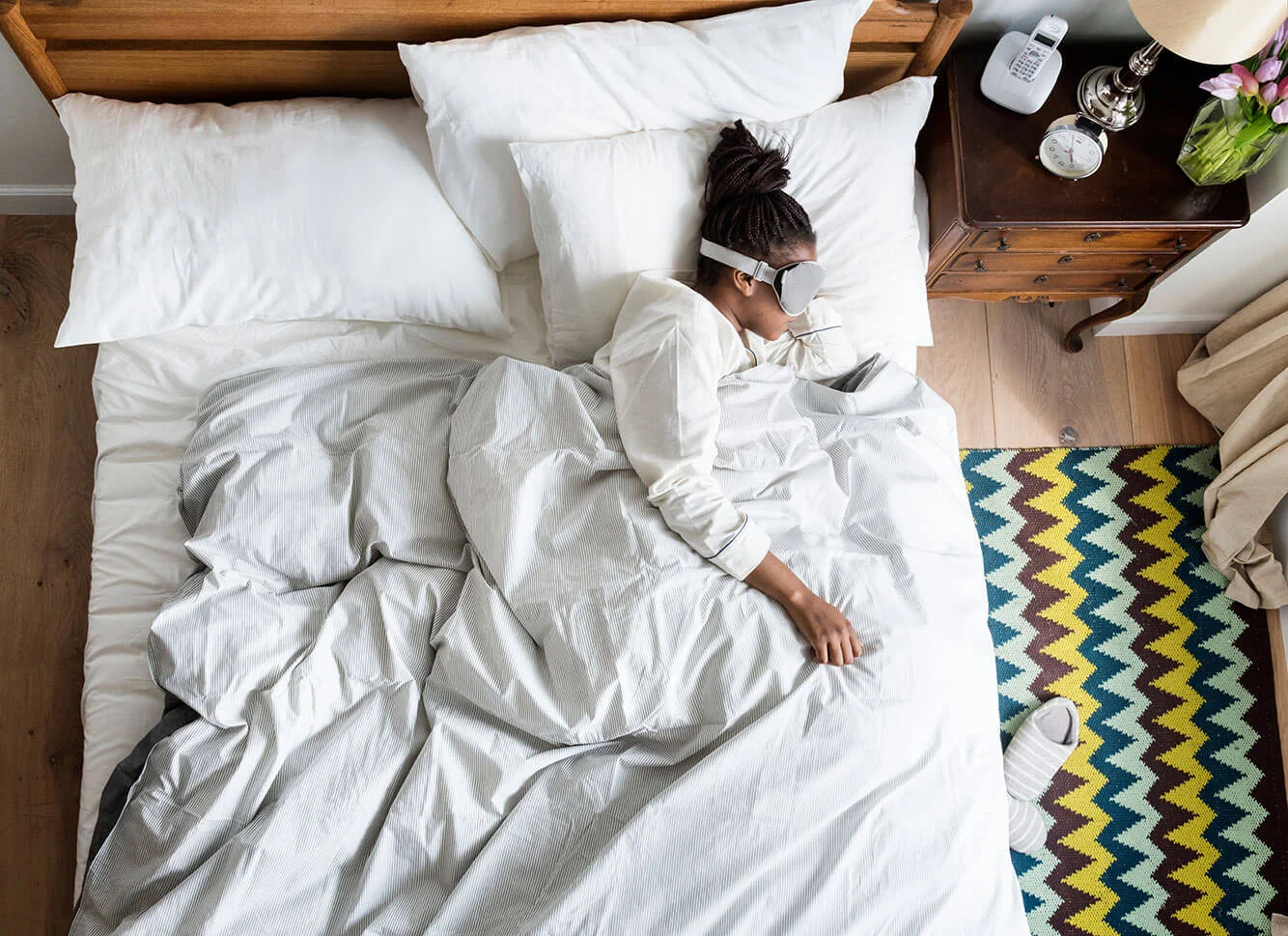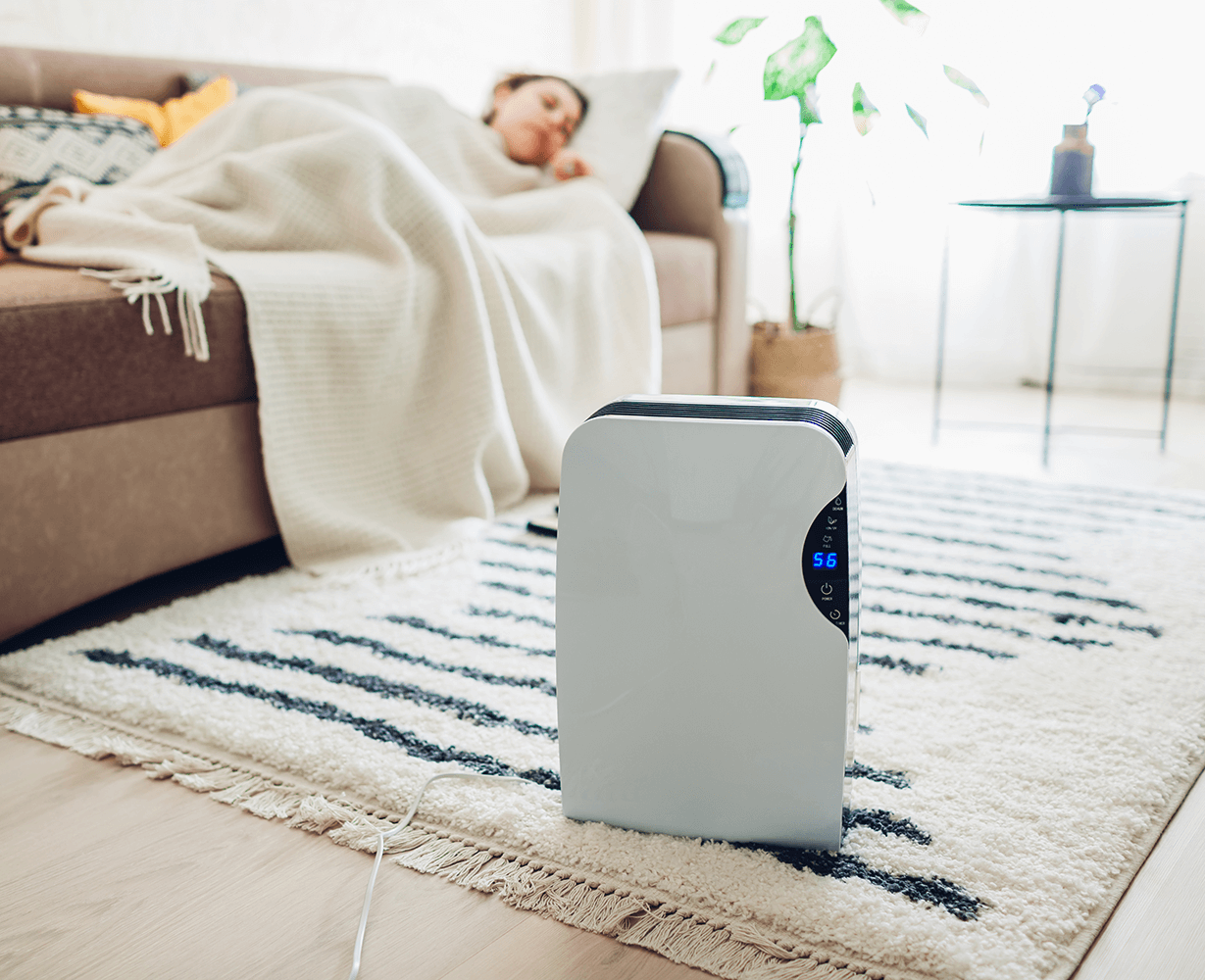Stuffed Animals Are a Sign Of Security and Comfort
As children, most of us had a favorite toy or security blanket that we couldn’t go to bed without. While it can be endearing as a child to have a fixation on a specific item, it becomes less so as we age.
For many, once they reach puberty or start making more social connections, the reliance on stuffed animals and dolls for comfort decreases. Of course, that’s not always the case and there are many adults who hold on to their stuffed friends (or make new ones). In fact, a recent study surveying around 2,000 adults found that around 40 percent held on to their favorite toys with the majority of respondents being male.
So what causes so many people to hold onto their toys and is it just a case of arrested development?
What are Transitional Objects?
The most famous transitional object is that blue security blanket that Linus drags around in the famous cartoon Peanuts. Essentially, these objects help children self-soothe and gain some emotional independence as they age.
Whether they’re a stuffed toy or blankie, these objects provide special comfort to children and provide reassurance when they’re scared, upset or even lonely.
In general, children latch on to transitional objects once they start gaining some self-awareness and understanding that the mother is a separate entity and cannot always ‘bring the world’ so to speak.
These transitional objects generally smell like the child’s primary caretaker, which helps provide a sense of security to the child even when the adult is not around. These objects are especially useful when trying to sleep train children as they can use the object to self comfort.
It is completely normal for kids to have transitional objects and beneficial to children. Since these objects provide kids with a sense of security, they are then able to adapt to new situations a bit better and even improve their learning abilities.
In fact, around 60 percent of children have some kind of comfort/security object. It’s a much needed and important part of development and allows children to form healthy emotional coping methods as they age.
Transitional objects also helps early development in other ways such as:
Social development - stuffed toys can become excellent friends in fantasy and real life. Generally, most kids will play by themselves up until around two or three. Stuffed toys help encourage play with ‘others’ in a safe and controlled environment and gets them ready to interact eventually with other children.
Language development - while no two kids will start talking at the same time, most develop their language skills early on in life. Stuffed animals help your child socialize and practice talking.
Literacy skills - most children will have more than one stuffed toy. If you’ve ever watched a child play with their toys, generally they will have the toys ‘talk’ to each other. While it might not seem extraordinary, this play helps encourage storytelling, which lays the groundwork for reading and writing.
What about adults?
Okay, so it’s normal as a kid to be attached to a stuffed animal or blanket, but what about as an adult? Shouldn’t people have grown out of it at that point?
While most adults do grow out of needing a stuffed animal or blanket for security, it might have been replaced with something else that helps provide comfort such as your grandfather’s watch or your mother’s music box. Or perhaps it’s your wedding ring or mementos for a trip. Whatever the object is, you turn to for comfort.
When you forget to wear it, you feel disconnected or displaced. Heck, even pets can be considered a partial transitional object. After all, one of the many reasons we love having pets is that they’re soft and can be held and hugged.
Of course, pets are different from stuffed toys since they are living beings and can’t be hugged for hours and have their own wants and needs. Plus, pets are not ‘transitional’ by nature. After all, when you bring one into your life you are making a commitment to take care of the animal for its entire lifespan.
With that said, transitional objects often have many of the same features as pets, except for the fact that they are, of course, not alive. For many, that makes for an even more comforting ‘relationship’ because you can spend as much or as little time with the object as necessary. During good times, you can tuck it away in your closet, but during stressful or sad times, you can get it out and self soothe.
Essentially, many adults use their comfort objects in the same manner as they did when they were children. Of course, the stuffed animal or blanket begin taking on more importance as you age because in a sense it has ‘been there’ for the ups and downs. There’s an even stronger emotional connection to these comfort objects the more people rely on it for the various stages in their life.
While for some it might seem juvenile, experts agree that it’s better to seek solace in a stuffed animal or blanket than in drugs or alcohol. They even go so far as to encourage its use, especially if it helps you sleep. After all, sleep is very important to maintaining a healthy lifestyle so if sleeping with a teddy or blanket helps, they suggest you continue doing so.
When it becomes an issue
While most experts agree that sleeping with a stuffed animal or other transitional object is perfectly healthy as an adult, you might want to take a look at your behavior to see if it’s actually healthy. For example, if you cannot go anywhere without said stuffed toy or blanket then you might need to reevaluate your dependence on the item.
If you are feeling like you have to have your stuffed animal wherever you go and cannot manage your emotions without it, it might be a good idea to pursue therapy.
A good therapist can figure out why you are so attached to the object and how you can become more independent. While you don’t have to get rid of it from your life entirely, you should not overly rely on it to get through the day. You might need to reconsider your dependence on your comfort objects if it’s doing the following:
Messing with your relationship - are you turning to your stuffed animal for comfort over your partner? There might be an issue either with your relationship or your dependence on your stuffed animal. Of course, you don’t have to give up your stuffed animals just because you get into a relationship. However, if you feel like it’s affecting your relationship negatively (has your partner said that you love your stuffed dolls more than them or something similar) then it might be time to address the issue.
It’s holding you back - Are you ashamed of your stuff animal collection? Do you not invite friends or potential love interests over because you’re worried about their response? Or perhaps you refuse to travel because you cannot bring your favorite toy with you. If this sounds familiar then you are essentially using your special item to isolate yourself from people and experiences. This limits your interpersonal relationships and your life. It might be scary, but when you become too dependent on an object for security, you end up missing out on a lot of opportunities.
You really can’t sleep without it - Sure, there’s something to be said about having something next to you to cuddle when you sleep. However, if you find that you actually cannot sleep without it then you’re probably depending on it too much to get to state or relaxation.
How to break up with your blankie
Share Your Stuffed Animal With Your Children
Whether your teddy is a source of stress for your partner or you simply think it’s time to part ways, it’s not impossible to break up with your stuffed animal. It won’t be easy. In fact, it will take a lot of time and emotional energy.
After all, you’ve depended on that object for years as a source of comfort and relaxation. It might be tempting to just go cold turkey, especially if you want to turn over a new leaf, but it’s probably best to take it slow.
The first thing you should before ditching teddy completely is to get some professional guidance and help from a therapist. As mentioned before, they can help you tease through your emotions and experiences so you can understand why you rely on your stuffed animal so much for comfort.
From there, they can teach you how to better manage your emotions and cope with anxiety and stress without having to turn to your stuffed animal.
Of course, even if you figure and work out the root cause of your over-reliance, it will still take work and time to gradually remove the object from your life. Take it slow at first. The first week keep the item from your bed to your nightstand or somewhere else nearby.
Once you’ve gotten used to that, move it further and further away each week until you’ve finally moved it into a close or another room. If you want to fill the void left by your teddy, you can make a new addition to your environment with something like a silk pillowcase or weighted blankets. You don’t have to completely get rid of the item.
After all, it will always hold sentimental value and you’ll have an emotional attachment to it. That’s completely normal! We all place emotional value on objects that have a certain significance in our lives because they remind us of a person or memory.
So is It unhealthy?
So is it bad to still snuggle with your stuffed animal? Well, it depends. If it’s not interfering with your life or relationships, then there’s no reason to give it up. Again, plenty of adult men and women have admitted to keeping their childhood toys in their bed. However, if it’s affecting your independence then it might end up being unhealthy for you in the long run.
Even if it’s not seriously affecting you, practicing meditation, yoga and breathing techniques can help you manage your stress levels and anxiety so you can turn to your long standing friend a little less often. It’s not a bad thing to rely on them a little less as many of them have probably been with you for years if not decades. Finding a different outlet for your emotions can keep them and you in better shape.
It’s Okay For Adults To Cuddle and Sleep With Stuffed Animals On Your Organic Mattress
While most experts think it’s okay for adults to cuddle and even sleep with stuffed animals, most also believe that there are underlying reasons why certain adults grow out of their transitional items and some don’t.
Interestingly, Millennials are the largest group that sleeps with their sentimental items followed by Generation X and Baby-boomers. Why that might be is not well researched yet. Some experts believe the increasing trend of sleeping with childhood items might be due to greater acceptance and tolerance. Others suggest that adults who still interact and depend on their stuffed toys might be due to low self-esteem due to an emotionally turbulent and challenging childhood.
With that said, there are a variety of reasons why people turn to stuffed animals for comfort. For one, they provide immediate security and zero judgement (after all, they can’t talk or complain).
You are able to rant as much as you want and never get interrupted. Because of this, they can help people get through a variety of stressors such as exams, business travel, sickness and even trauma. When 9/11 happened in New York City, hundreds of teddy bears were donated to schools as a way to help kids cope with the event. So if you still have your stuffed animals from your childhood then don’t be ashamed!
You’re not alone. If anything, if the toy is in good shape and you have children in your family, you can pass it to the next generation and continue creating memories with it.
Karen A Mulvey is a personal social blogger and mom with 14 years of experience in the every day world of motherhood and sustainable product research. Karen is on a mission to help everyday families select sustainable, non-toxic organic products, stop stressing about uncertainties on sustainable home goods and apparel, and start living the life they’ve always wanted.
Follow Karen at @karenAmulveycs | Karen A Mulvey
















